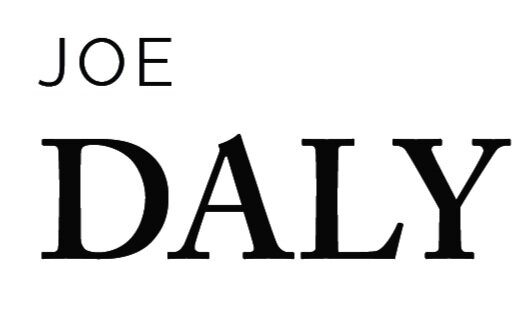Soft Skills, Hard Truths: Music Journalism in the Age of Entitlement
Let’s get one thing straight: nobody—nobody—gets into music journalism for the money. If you did, then you’ve made an error in judgement so catastrophic that it will require years of financial recovery—and likely the intervention of multiple spiritual advisors—to recover. No, music journalism is a beast of pure passion. You do it because music matters. Because the bands you love built the scaffolding of your soul and you want to return the favour, however clumsily, with words.
But passion alone doesn’t mean you belong. And here is where the modern plague begins.
The field today is crawling with armchair critics, TikTok savants, and clueless bloggers who mistake enthusiasm for expertise. They show up in photo pits, smarmy and credentialed, blocking professional photographers as they hoist their mobile phones aloft, filming their precious reels in search of algorithmic dopamine and a few hundred likes. They think access is a right. They expect PR firms to bend over backwards for their tone deaf requests. And they operate under the delusion that tweeting about an album qualifies them to critique it. It’s absurd—and it’s killing the craft.
Before anybody rushes to hurl the “G” word at me, this is not about gatekeeping. This is about standards.
Music journalism sits on the lowest rung of the industry ladder. Mick Wall once said we’re the dishwashers of the music biz. He wasn’t joking. For the most part, bands and their managers regard you as a necessary inconvenience—if you’re lucky. But hang in there and do your job well and you’ll earn your stripes. You’ll have to read hundreds of reviews to glean the language of music criticism. And be prepared to take many a two-by-four to your precious ego. Every day. And when your work sucks—and it will, particularly at the beginning—you’ll wither from the sting and wonder if it’s all worth it. The lifers will quickly realise that it is and they’'ll come back stronger and more confident. Still, the bored, anonymous keyboard warriors will excoriate you for having an opinion and worse if you make a mistake. In time, you’ll learn not to read them. The only thing worse is believing the lusty kudos heaped upon you by well-meaning friends. Buy into that bullshit and you’re dead in the water. Because that’s not why you write dammit. You write because you feel twitchy and paranoid when you’re not writing. You write when you don’t feel like writing and you learn that sometimes the most valuable element of your creative process is the pause between the thought and the keyboard. Eventually, your voice emerges and you’ll finally sense that you’ve made it. It’s hard fucking work.
Somewhere along the way, we forgot to tell the newbies that this is hard. That you’re not special. That being a fan is not the same as being a critic. That style without substance is just noise.
And then Lily Scherlis came along.
In her recent, razor-sharp essay for Harper’s, Scherlis unspooled the modern obsession with soft skills—those gauzy, slippery workplace virtues like emotional intelligence, adaptability, and communication. She traced their rise from corporate training bunk to cultural gospel, showing how entire economies now hinge on your ability to act like a well-adjusted human. But peel back the warm fuzzies and what you find is a rebranding of emotional labour—a subtle coercion that asks workers to internalise capitalism’s most toxic tendencies and call it growth.
The parallels to music journalism are glaring.
Here, soft skills aren’t optional—they’re oxygen. You want to survive in this industry? Learn to write, yes. But also learn to be decent. Learn how to send a cold pitch without sounding like a desperate fanboy. Learn how to interview an artist without making it about you. Learn how to network without begging. Learn how to get told ‘no’ without folding like a lawn chair.
But most of all, learn to shut up and listen.
Because the truth is, nobody wants to tell you when your work isn’t good enough. Far too many editors lack the stomach for that conversation. Publicists won’t risk the relationship. And artists? They’ll just ghost. So you get ignored. Not rejected—ignored. And if you don’t have the self-awareness to read the room, to take the hint, to grow—then you’ll quickly disappear into the static of the Internet.
This is why soft skills matter more now than ever. Because the old infrastructure is collapsing. Outlets are closing. Budgets are drying up. And into that vacuum pours a million hungry voices, all shouting for access, attention, respect. But the ones who stick around? They don’t shout. They show up. They learn the room. They lift others. They build.
That’s the future of music journalism. Not a louder one—a smarter one. One where the critics remember they’re also part of a scene to which they owe a sacred duty. A scene where professionalism isn’t performative—it’s communal. One where soft skills aren’t corporate fluff—they’re the glue that holds the whole chaotic mess together.
You don’t have to be a sycophant. But you do have to be human. And when you are? That’s when it gets good. That’s when you find your tribe. That’s when the emails get returned. That’s when the band remembers your name.
And that’s when it stops being hustle—and starts being home.


